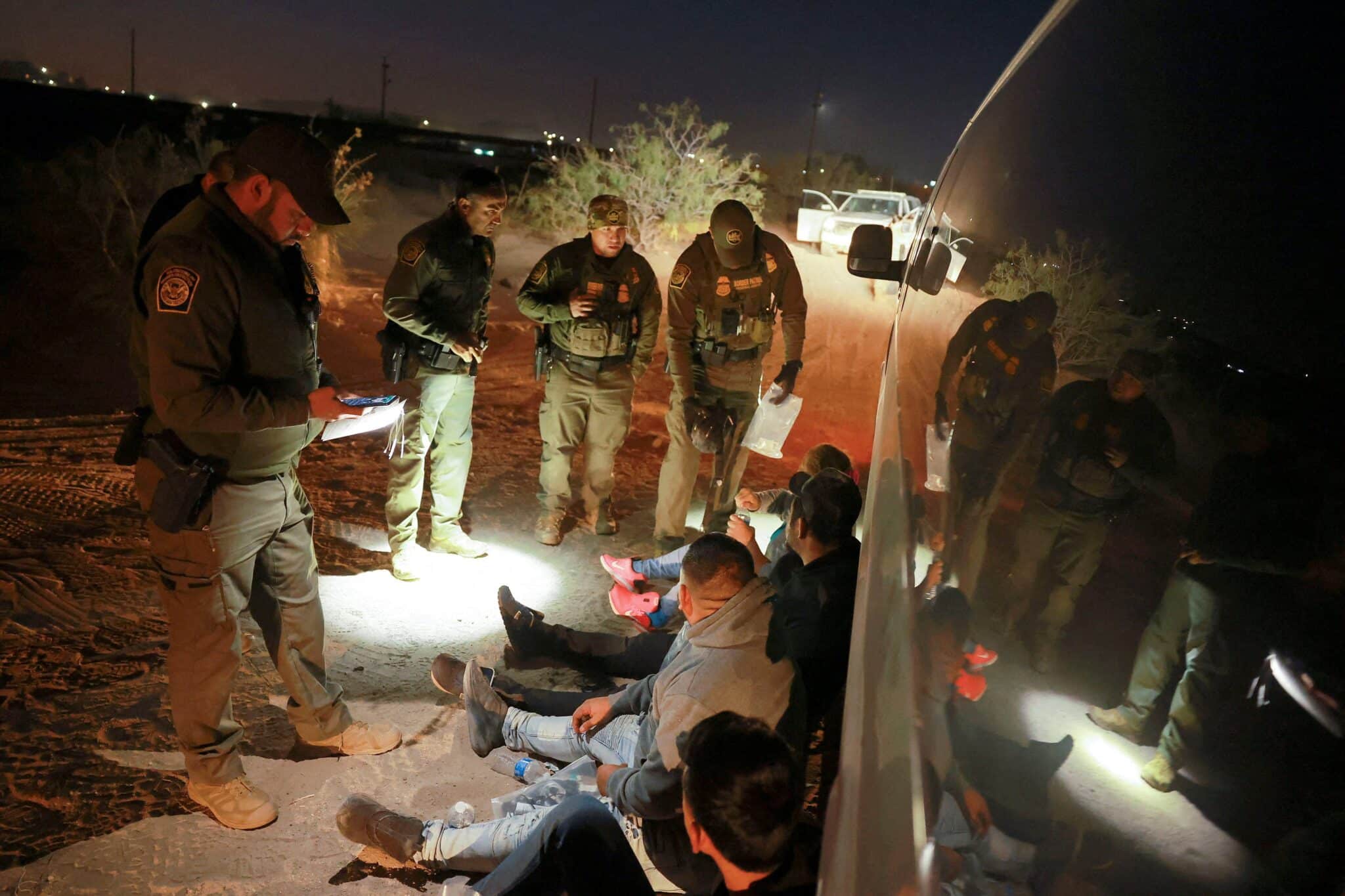We often think of the world of the Scriptures as some perfect holy world—a utopia far different from the messiness of our daily lives. But images of home and domestic life, fishing and farming, traveling dusty roads, and gathering for meals permeate the Gospels. The Acts of the Apostles show us the earliest Christians in a sometimes unflattering light. Rather than causing us to feel dismayed and disillusioned, this can give us great hope.
From early in the life of the Church, we hear the story of the complaints from the Greek-speaking Christians that their widows aren’t being cared for as well as those of the Hebrew-speaking community. The leaders among the apostles decide that they will appoint people to address this inequity directly. Like good parents, they come up with a solution to address the issue and then get back to the task at hand, in this case, the vital task of preaching the Good News.
We struggle with inequities, real or perceived, in most areas of life. At home, in school, at work, in our social structures, it’s a balancing act to make sure everyone’s needs are met fairly and justly. If we keep Gospel values at the center of our decisions, we will have a secure measure for our actions. And, like the apostles, we will learn to respond to legitimate criticism quickly and efficiently.
John’s Gospel is often considered the most heady and theological of the four Gospels. He is addressing a well-educated—even philosophical—audience. But even in John’s Gospel, Jesus’ words are rooted in earthy, concrete images. He made sure that his words would resonate with our most common and ordinary experiences.
In John 14, Jesus tells his followers, “I am going ahead of you to prepare a place for you.” He is, of course, talking about his return to the Father and the promise of eternal life that will follow his death and resurrection. But his image is one that many people can relate to from their own experiences. In our increasingly mobile society, it’s not unusual for couples and families to move across the country—sometimes more than once. And for reasons of jobs, school schedules, and other issues, it’s not unusual for one partner to go on ahead and get things established. As hard as it is to be apart, there’s some comfort in knowing that things will be more settled at the end of the journey.
It’s not surprising that Jesus uses this image of preparing a home toward the close of John’s Gospel. At the beginning of the Gospel, when the disciples of John the Baptist began to follow Jesus, the first question they asked was, “Where do you stay?” and Jesus said, “Come and see.” It wasn’t about the place; it was about the welcoming relationship and about being with Jesus.
Life is messy—there’s no way around that. But even in the midst of the messiness and the chaos, we can find real joy in being at home, in being with our loved ones, in serving the needs of those around us.









2 thoughts on “Overcoming Life’s Messiness”
Whether we are a person who stays active at a breakneck pace or someone who schedules intermittent “breaks in the action”, we all need a time to recharge, regroup, or touch base with loved ones(some of whom we may not have seen for a while). Thank you for this reminder. It is amazing how, unexpectedly, messages come along which hit the nail right on the head–and they come out of the blue. Your words and ideas and how you present them are so appreciated!
Your message is very timely for me. I’m elderly and I’ve been neglecting issues for a long time because I’m unsure how to handle them. My prayers are begging to show me a path for reconciling those issues. Your message is to stay open to and ready to accept and act at the appropriate time. I believe that God will answer my prayers now as he has so many times in the past. Sometimes without my being aware of it.